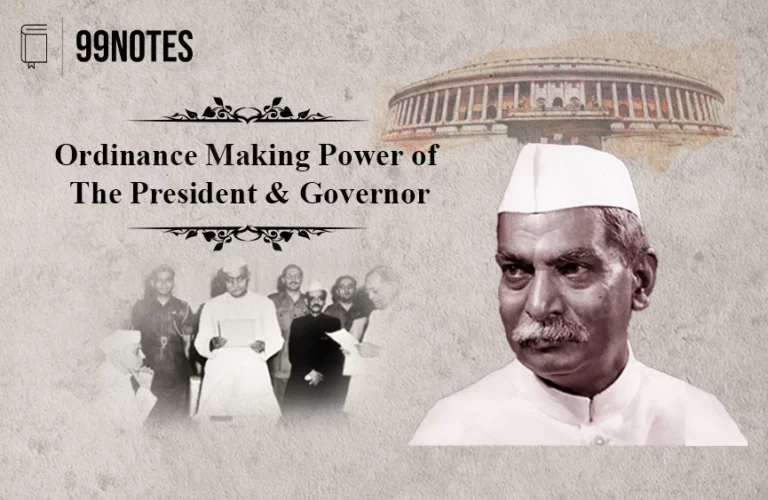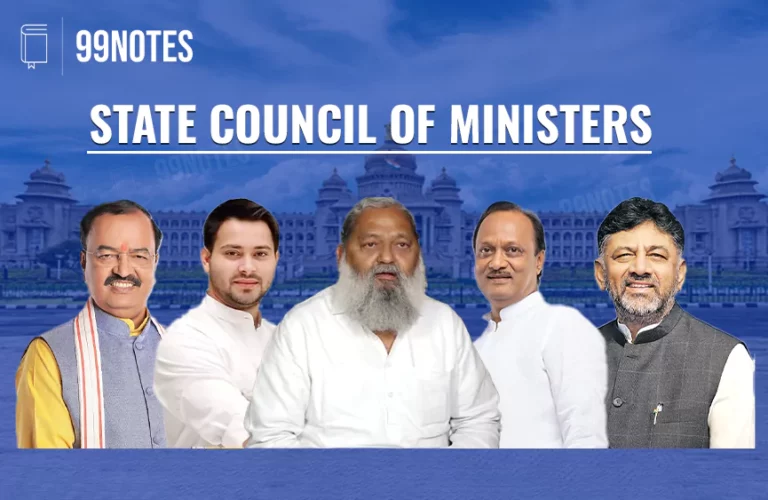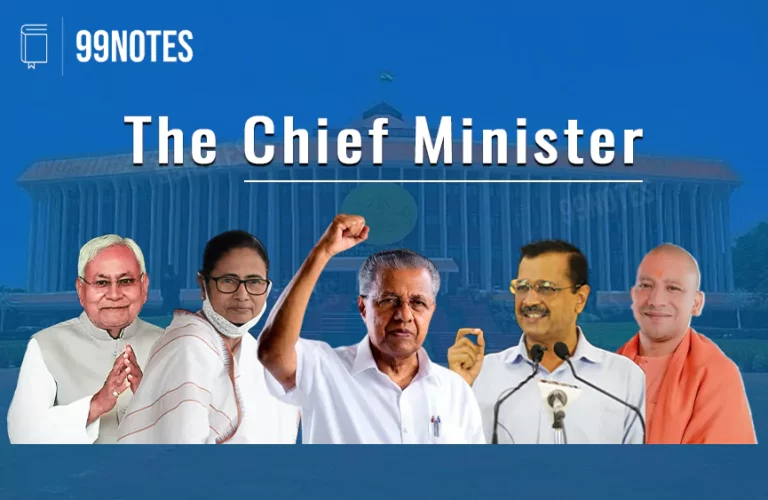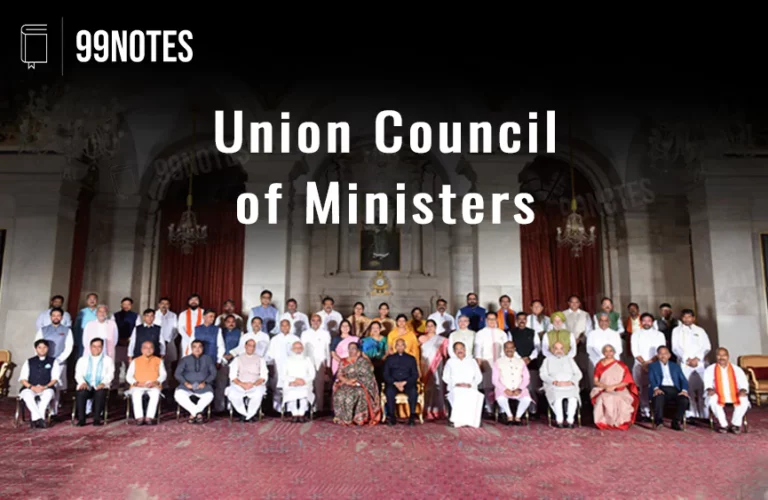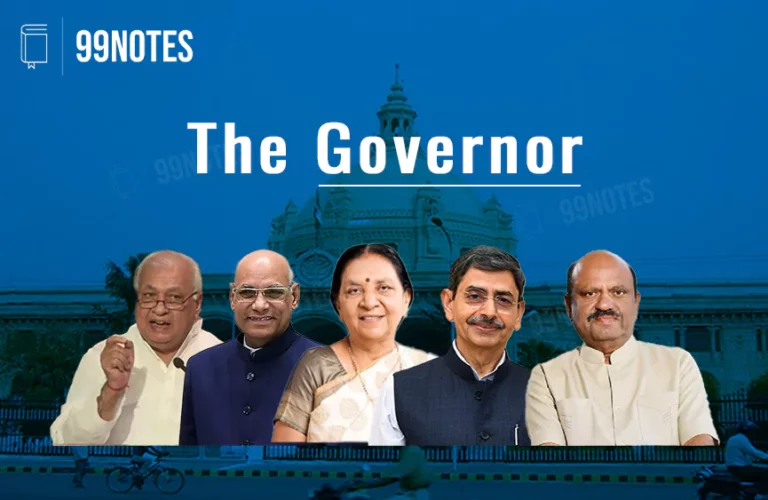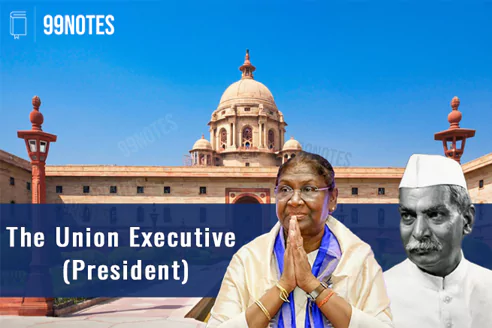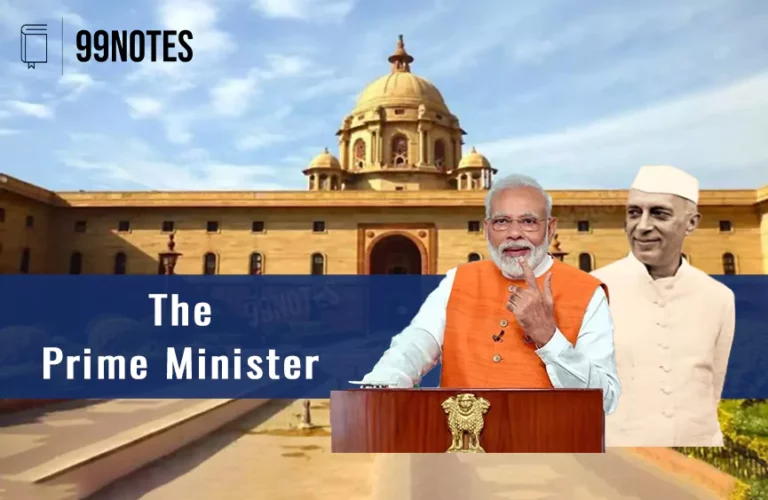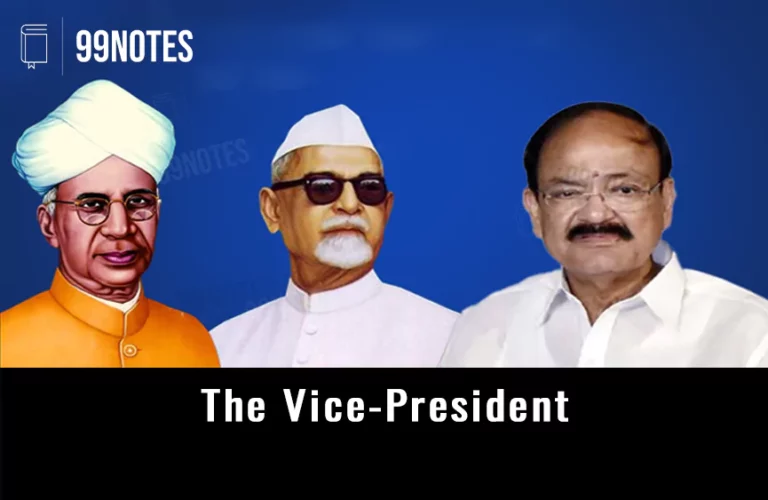Ordinance Making Power of President and Governor – Complete Notes for UPSC
Ordinance Making Power of President and Governor The Constitution of India under Articles 123 and 213 provides the President and the Governor, respectively, powers to promulgate ordinances but only when ‘immediate action’ is necessary and the Parliament or state legislature is not in session. Ordinances have the same force and effect as an act of…

